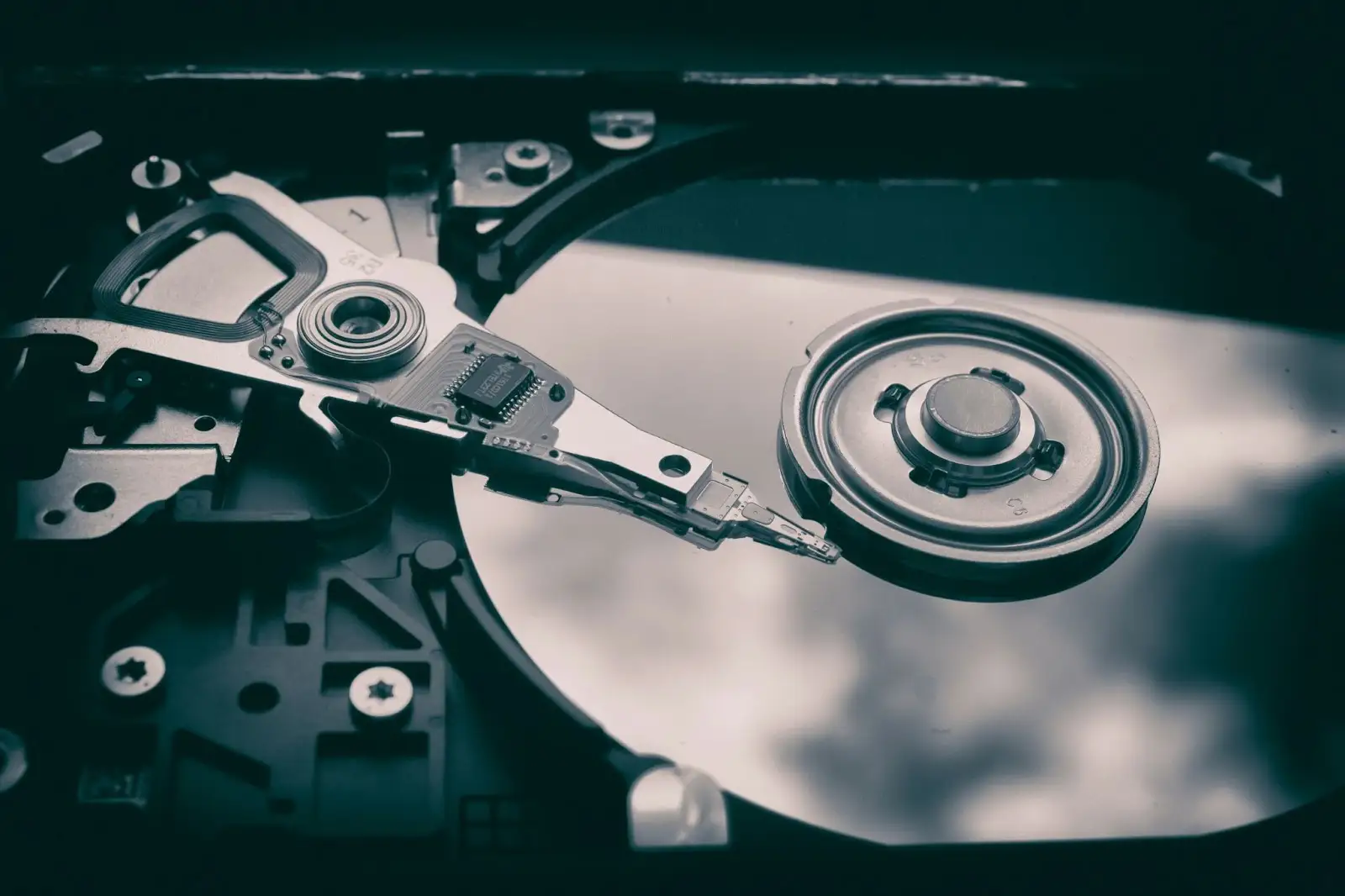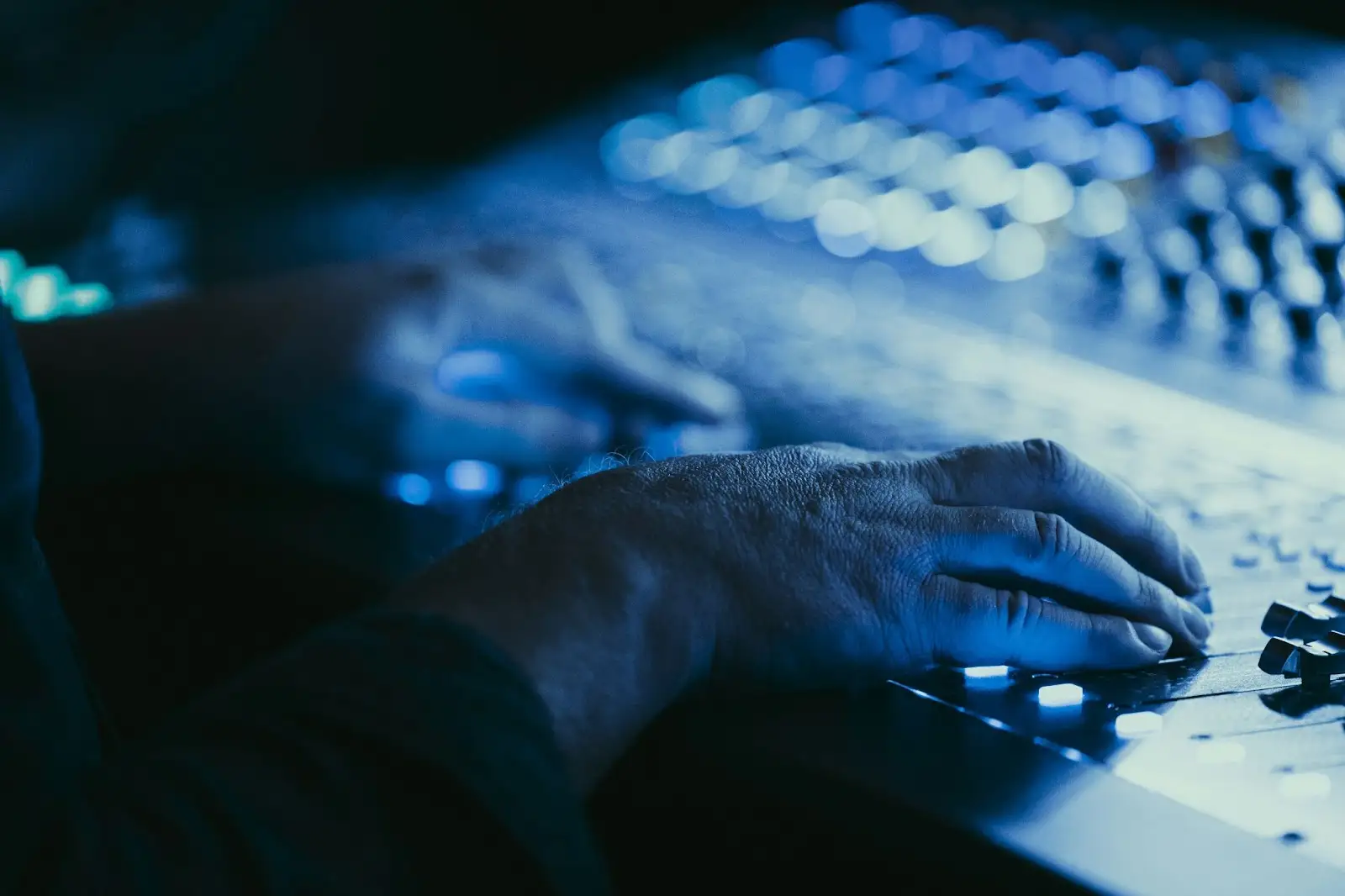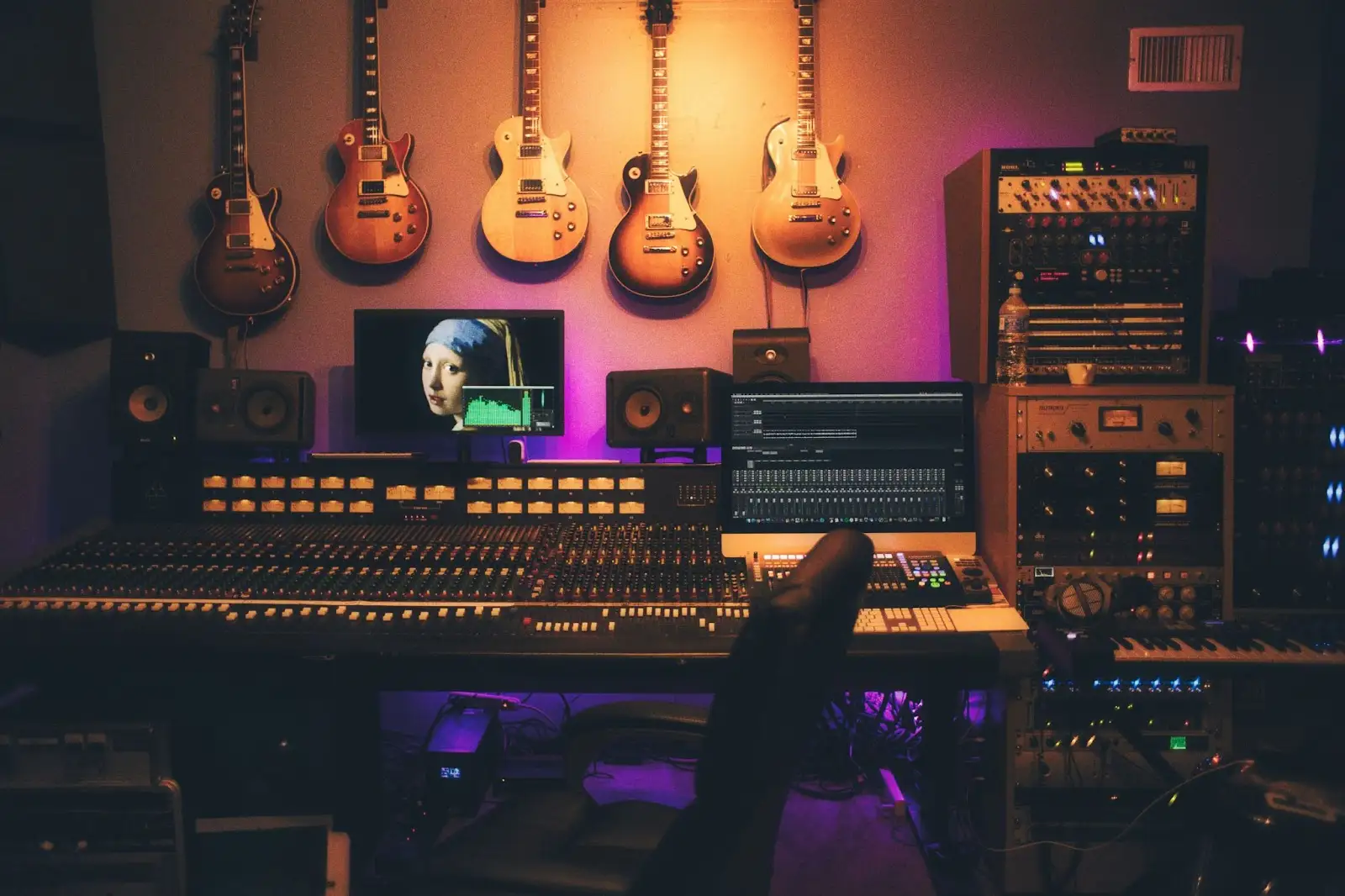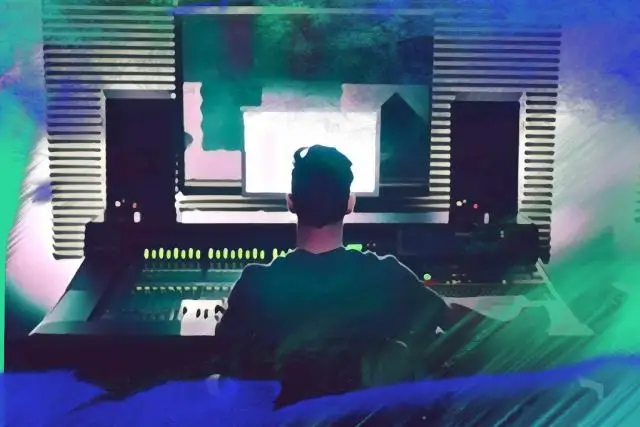You’ve been spending hours crafting your latest certified bop, and you’re done. Like, done-done. The last thing you want to do is delay the release even further by engaging in an extensive mastering session.
Besides, it’s 2025. Aren't the loudness wars over? Is mastering necessary any more?
The answer, my friend, is blowing in the wind absolutely! Mastering is still a crucial step in the music production process. And here's why...
Why You Should Always Master Your Music
1: Mastering is the Final Stage of Quality Control
Rather than seeing mastering as an optional extra to make your audio sparkle, think of it as a final quality check in the creative process.
After spending hours (or days, or even weeks) working on a track, it's easy to lose perspective. A mastering engineer will bring an objective ear to the music, and scope out any inconsistencies or audio quality issues that may have been overlooked during the mixing process.
2: Mastering Enhances the Overall Sound Quality
Mastering is all about adding polish to your audio - the final step of the production process.
Sometimes a light touch is all that’s needed, and good mastering engineers will know exactly how far they need to push those dials to achieve this.
Other times there’ll be a need for a bigger mastering nudge. Some stereo enhancement perhaps, or more involved signal processing to tame those transients.
Either way, the precise adjustments made during mastering will ensure the final mix stands up to those by artists you admire.
3: Mastering Adds Volume Without Sacrificing Dynamics (or Lambs)

Dynamic range is the decibel difference between the loudest and quietest sounds in a mix. Without it, everything sounds squashed and lifeless. Too much of it, and you'll have your audience constantly reaching for the volume knob.
A good mastering engineer will be able to increase the overall perceived loudness of your music without sacrificing that all-important dynamic range.
4: Mastering Prepares Your Music for Digital Distribution
If you plan to release your music on streaming services, audio mastering is an essential step in getting it ready for them.
Streaming services like Spotify and Apple Music have very specific technical requirements in order to accept a submission. In addition to bit depth reduction and sample rate conversion, precise LUFS targets need to be hit.
Granted, some streaming platforms will automatically raise or lower the volume of a song if it doesn't hit the right LUFS level. This ensures all the songs on the platform play back at the same(ish) level.
But (and it's a big but), this doesn't guarantee your track will be heard the way you intended it to, with the full dynamic range of the song.
If the music is mixed for maximum loudness, it'll suffer when it's brought back in line with the streaming services requirements. This effect will be made worse if your song is played back-to-back with another song that has a larger dynamic range.
So if you want your music to sound good across all streaming services, don't skip the mastering stage!
5: Mastering Prepares Your Track for Different Formats

Streaming? Pah! What if you want to release your album on other media formats like vinyl or CD? Or cassette (who are you)?
If you want to release your music on physical media you'll need to create separate masters for each format. The reason for this is the duplication process between media formats differs, and each has their own limitations.
For instance, the lathe that presses a vinyl record can only take so much - no heavily limited masters for you sir!
CD masters can be as loud as you like, but the file will need to be specifically encoded for CD duplication with track markers embedded.
Confused? Me too. But a professional mastering engineer will know exactly what to do.
6: Mastering Optimizes Your Song for Different Playback Systems
Once the track is out of your hands and into the world you have no control over how it will sound on different speaker systems. Think of all the possible places it might be played: Bluetooth speaker, in the club, on your mother-in-law's phone. The list goes on.
Even though you can't regulate the kinds of playback systems your audience will use, mastering engineers know exactly how to make your music sound great wherever it's played. They'll fine tune the frequency range and stereo field so your track will slap whether it's radio playback or being listened to on ear buds.
7: Mastering Ensures a Cohesive Sound Across Tracks
If you're putting together an album or EP, it's important that all the tracks have a consistent, cohesive sound, especially if the songs were recorded in different studios, or have differing instrumentation.
Part of a mastering engineer's job involves fine tuning the individual tracks in an album context. Without this process the listening experience across an entire album can be jarring, with differences in loudness or tonal balance between tracks.
Sometimes, a mastering engineer will help with finalizing the track order of an album too!
8: Mastering Protects Your Artistic Vision
Finally, having a consistent mastering process as you record and release music can help maintain a uniform sound for you as an artist, even if you genre-hop from time to time.
Having a mastering engineer you trust, and who knows your vision as an artist can be a valuable tool for your music career.
What is Mastering Anyway?

Mastering is the very final step in the music production process. As well as adding final touches to the mix, files are prepared with the correct technical specifications and loudness standards for distribution to digital and physical media.
Some of the techniques and tools used in mastering can include stereo imaging, subtle compression, EQ, and limiting or saturation to increase loudness.
Stereo Mastering vs Stem Mastering
Traditionally, mastering engineers work with a mix as a single stereo file, but modern mastering has introduced a technique called stem mastering.
This process involves taking stereo mixes of track groups ( stems ), and mastering them as a whole. Since individual elements can be isolated and treated separately, it gives the engineer more control. For instance, drums can have their own EQ to shape the sound, and the vocal level can be tamed with dedicated dynamic control.
Mixing vs Mastering
Mixing and mastering are often lumped together in the same sentence, but the two techniques are very different from each other .
As a topic, mixing is worthy of a whole library of articles , but a loose way to describe it is the process audio engineers use to balance and combine multiple layers of individual instruments and other elements into one cohesive mix.
Mastering on the other hand is all about applying subtle changes to the mix in order to enhance the sound. It's less about making creative decisions and more about using techniques and tools to enhance what's already there .
In some ways, mastering is simpler than mixing, as it (normally) involves only one signal chain. But that simplicity hides a vast amount of technical knowledge mastering engineers need in order to be able to do the job well.
How to Prepare Your Mix for Mastering
Mastering will not improve a bad mix, so it's important you do some preparation before sending your finished mix off for mastering.
Make sure the mix is clean
Take care of any pops, clicks, missed crossfades, or other unwanted details in the music. These will become glaringly obvious at the mastering stage, so fix them beforehand.
Leave headroom
While there's no standard for this, it's advisable to make sure there's around 3-4dB of headroom on your final mix to allow room for your mastering engineer to work.
Avoid over-processing on the master bus
Sometimes an engineer will use tools on the master bus to give an overall sound to the mix. If this is the case on your project, go easy on the settings, and avoid pushing things too far. A mastering engineer can't undo what you've already printed!
If you do apply master bus processing, it's worth bouncing a version without the processing. This will give your mastering engineer options, and serve as a reference for the kind of sound you're after.
Bounce at the highest resolution possible
Ideally, you'll have recorded your project at 24-bit/48kHz, and that's what you should bounce your stereo mix at. If you've recorded at a lower resolution or sample rate then stick with that. Never send an MP3 to be mastered!
How to Get Your Music Mastered

The DIY Method
If you're feeling brave you can try to master your own music. It's not for the fainthearted, and you lose the advantage of having a second opinion on your music.
That said, it's worth learning about the mastering process in order to better understand how mixing and mastering work as a team.
Hire a Mastering Engineer
If you're serious about getting a great master consider hiring an outside engineer to add the final polish.
Be warned; there's a wild number of mixing engineer types who claim to also be adept at mastering. Be sure to listen to their previous work and ask questions about their process before you decide if they're the right choice for your track.
AI Mastering
If you don't have the budget for an engineer, or the patience for DIY, all is not lost! The online mastering engine at eMastered is a game changer for artists who want to master their tracks without going bankrupt.
Upload your music now to try it out for free !





